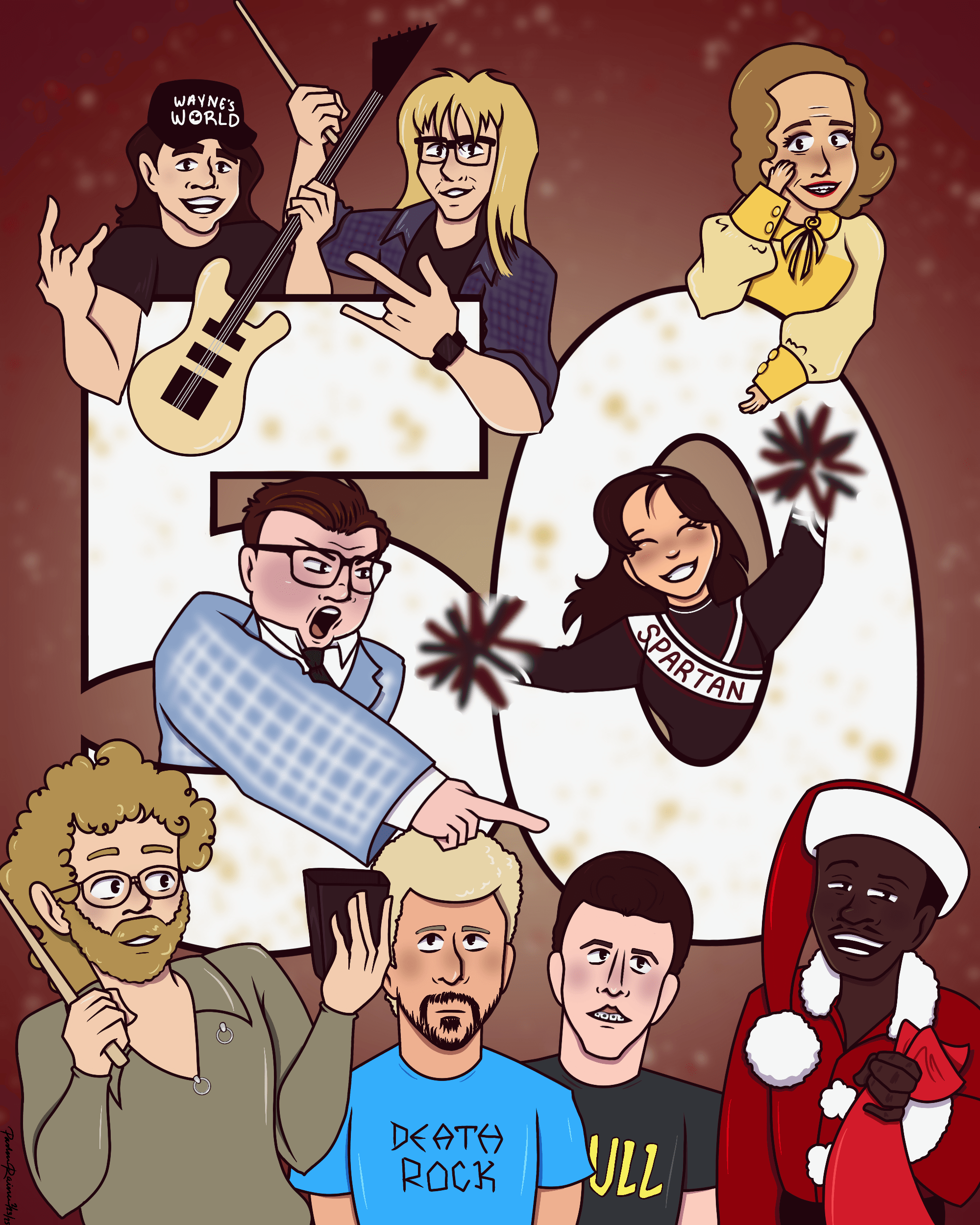By Emma Donley, Staff Writer
A video recently went viral in which a pizza delivery driver is at the door of the customer to whom he is delivering a pizza. The woman opens the door and kindly greets the man. He hands her the pizza, but before the door is closed, the driver says in a snarky tone, “that’s a nice house for a $5 tip.”
This video was popularized as an anecdote of how tipping culture has completely gotten out of hand. The woman gave a $5 tip to the driver on a $20 pizza, a 25% tip. Consumers are wondering if the attitude toward tipping has become one of entitlement or if there is a need for change in how the United States handles the income of its service workers.
The discussion around whether tipping is a reasonable, ethical or necessary practice has been in discussion for decades. However, the conversation has become more popular with the rise of a phenomenon coined “tipping fatigue.” This is a sensation felt by consumers who have seen an increase in establishments requesting tips for services where tips were not standard in the past.
The rise in the frequency of tipping requests can be attributed to two factors. First, many businesses have recently shifted to using digital payment systems for payment where tip amounts are suggested for the customer, most often, in sight of the worker. Second, during the COVID-19 pandemic, customers were incredibly generous with their tips as a “thank you” to service workers for continuing to serve and keep the necessary establishments open. While the fear of the pandemic has largely passed, the practice has not gone away.
There are several inherent problems with a culture of tipping. For example, it is widely believed that service employees are treated worse by patrons due to the informal and unregulated nature of tipping. In a service relationship, patrons can view themselves as holding the power in the relationship, and it is not uncommon for that power to be abused. Sexual harassment is more common among service workers than any other type of work. In addition, studies analyzing average tips across different demographics have shown that non-white employees receive smaller tips. These, among other reasons, are why an eventual abolishment of tipping might be the solution. However, that is much easier said than done.
The reality is that tipping is a considerable amount of what makes some of these service jobs valuable for those who occupy them. So the question arises: how much should one tip, and what factors should go into the tipping amount?
Many would argue that if the service is poor, the server should be tipped less. However, consider how the service worker or driver got to that point. Many different circumstances could feed into poor service, and often, they are out of the control of the server. A tip should not go under 15% in almost every case where a service is being carried out.
When considering how much to tip a service worker in other service fields, consider the service that is being provided. Here are a few examples of tipping practices in service-based circumstances to help guide you:
- When it comes to fast food, no person does service the same way as a waiter or waitress at a sit-down restaurant. Therefore, there is no need to tip.
- For coffee shops or other specialty drink shops, a good standard is $1 or so per drink, but these tips are much less obligatory than other tips.
- Delivery and rideshare drivers should be tipped based on the circumstances of the drive. If there was bad weather or a long drive, consider tipping the delivery driver more. In general, around 15% is standard for delivery drivers.
When in doubt, the consumer should keep these principles in mind regarding tips:
- Do not view tipping as optional. Many service workers rely on tips to make a living wage.
- Aim to have empathy with those who are serving you. There are many factors outside of their control that can feed into a poor attitude or mistakes made.
- Tipping is not the only way to show appreciation. Treating service workers with dignity and respect is sometimes the best way to make their job easier and more enjoyable.








